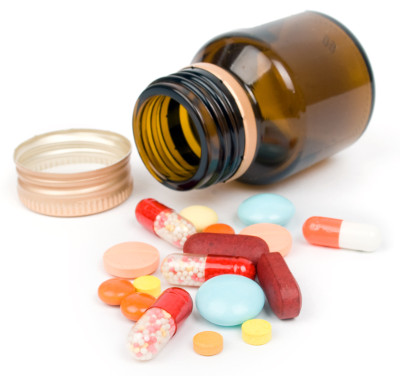Posted on March 31, 2016
The TGA and the Medicines Australia Code of Conduct are very clear on the appropriateness and dissemination of off-label information to HCPs.
In a post-marketing setting many products gather a body of evidence surrounding their use outside of the approved labelling. This evidence may include alternative indications, dosage, administration methods or target populations (e.g. paediatrics). This may be through an unexpected effect observed in a clinical trial, an excited letter to the editor from a surprised doctor, or a researcher attempting to fill a void in the market not adequately covered by existing therapies. Regardless of how or why the body of evidence is formed, it is essential for sponsors to know how to use this information to formulate responses to spontaneous requests from healthcare professionals. Here are some of the vital pieces of information you need to know:
- Know your regulationsIt is absolutely essential that company employees are aware that there are regulations and associated penalties with regards to the advertising of off-label information. The Therapeutic Goods Act is clear that it is an offence to advertise therapeutic goods for an indication that has not been accepted as part of its listing.Whilst advertising of off-label information is not permitted, the provision of information to HCPs is allowed through the Medicines Australia Code of Conduct (section 1.4) which describes who can respond.
- Differentiate solicited vs. unsolicited requestsOff-label information is never to be promoted/advertised by a company.
- Members of the commercial team, e.g. sales representatives, must not pursue any conversation regarding off-label use.
- Company representatives must not offer, prompt or suggest off-label information.
- Company representatives must pass the request to the appropriate Medical department for a response.
- Companies must only respond to healthcare professionals.
- All responses must be unique and directed to a specific healthcare professional (so no generic “Dear Doctor” letters are permitted).
- Respond through appropriate channelsIn all cases, responses for off-label information should be prepared and sent via the medical department. Under no circumstances should the information be supplied by a member of the commercial division (e.g. sales representatives or product managers). This makes it clear to an external observer that the company is not promoting the off-label use of their products.
- Use all of the EvidenceIn responding to a request, the medical department should consider the following in their response:
- Use peer reviewed literature from recognised medical databases like Medline or Embase.
- If summarising literature, clearly define the level of evidence in the paper. A body of evidence consisting of a single case study and an animal investigation must be presented as such.
- Be neutral – present all studies regardless of outcome and eliminate bias in your response.
- Do not conclude. The purpose of a response is for the healthcare professional to evaluate available evidence and form a clinical opinion. A conclusion may be viewed as a form of promotion.
- Disclaimers Whether you’re making a phone call or sending a letter, be sure to:
- Include excerpts from, and a full copy of, the approved labelling (for example, the product information or instructions for use).
- Clearly state what the product is approved for and that the information that is being provided is not approved.
- Confirm that you are responding to an enquirers unsolicited request for information
- Confirm that the use of the product in an unapproved way is at the clinical discretion of the healthcare professional, not a recommendation from the company.
This article was written by Anthony Anselmo from our Medical Services team.
Our medical department is highly experienced in responding to requests for off-label information. Call us on +61 3 9251 0777 to discuss your Medical Service’s needs.
